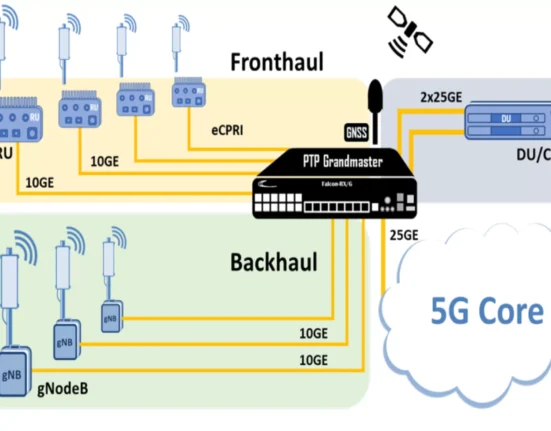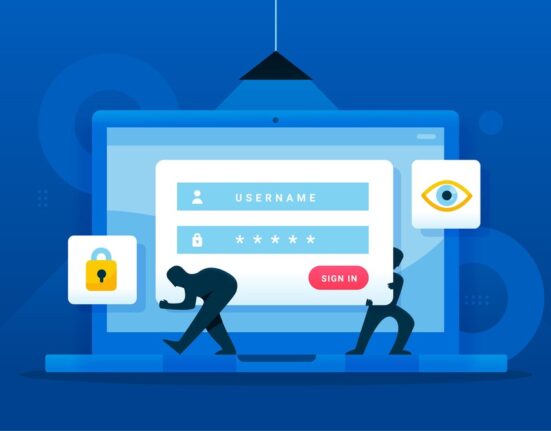An integration platform as a service provider is responsible for delivering a complete integration solution that offers broad capabilities to support various integration patterns. There are many different integration patterns, but some of the most common include data integration, application integration, process integration, and API management. A good provider will offer robust capabilities to support all of these integration patterns. Keep reading to learn more about what makes an excellent iPaaS provider.
Integration Platform as a Service
An integration platform as a service provides a way for companies to integrate their applications. It does this by providing a platform that allows companies to connect their applications and manage the process of incorporating them. This can be done in several ways. One way is to use an iPaaS to connect to a company’s other applications, such as their ERP (enterprise resource planning) system. This would allow the company to extract data from their ERP system and put it into their CRM (customer relationship management) system. iPaaS can automate integrating applications using the iPaaS to detect when new data is added to one application and then automatically add it to another application. This can save time and money, removing the need for someone to add the data manually.
Determining a Good iPaaS Provider 
Several factors go into making a good integration as a service provider. Perhaps the most important is having a robust and reliable integration platform. This platform should accommodate a variety of integration scenarios, and it should be easy to use. The platform should also be scalable to accommodate increasing demand as the business grows.
The iPaaS Gartner Magic Quadrant is a research publication first published in 2013 that ranks technology companies according to their ability to execute and completeness of vision. To be included in the Gartner Magic Quadrant, providers must offer a public infrastructure (IaaS) offering. Providers are evaluated on their ability to provide integration capabilities for SaaS, enterprise applications, and custom applications. Gartner analysts evaluate each provider’s completeness of vision by assessing its market understanding, innovation, go-to-market strategy, and customer experience. Providers are also evaluated on their ability to assess their marketing and sales execution, product quality, and overall viability. A good iPaaS provider is essential for a business because it can help them automate their workflows and processes and increase efficiency and productivity.
In addition, a good provider should have a deep understanding of the source and target systems and the business processes that the integration will impact. This understanding allows the provider to develop an integration strategy tailored to the business’s specific needs. They should also have a team of experts familiar with the relevant technologies and who can help with the implementation and management of the integration.
They should also be responsive to the needs of the business if there are any problems with the integration. In that case, the provider should be able to troubleshoot and fix them quickly, or if the company needs changes to the integration, the provider should be able to accommodate them. A good integration as a service provider should provide a seamless and reliable integration experience for the business.
The Benefits of an iPaaS Platform

An iPaaS platform is an excellent solution for businesses that need to integrate their systems but don’t have the in-house expertise saving you time and money. Additionally, using this platform can help improve communication between your systems. By integrating them, you create a more cohesive system that can respond more quickly and effectively to customer needs, increasing sales and better customer service overall.
When evaluating iPaaS providers, it is crucial to consider the compliance considerations of the platform. The provider should have a robust security infrastructure to protect your data, including firewalls, intrusion detection systems, and authentication mechanisms. The provider should also have procedures to ensure compliance with industry regulations and standards, such as HIPAA and PCI DSS.





